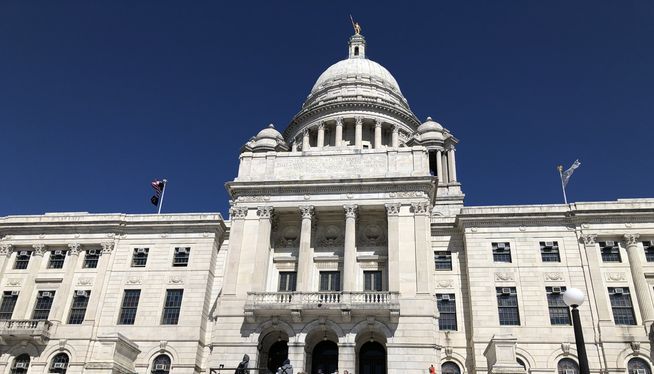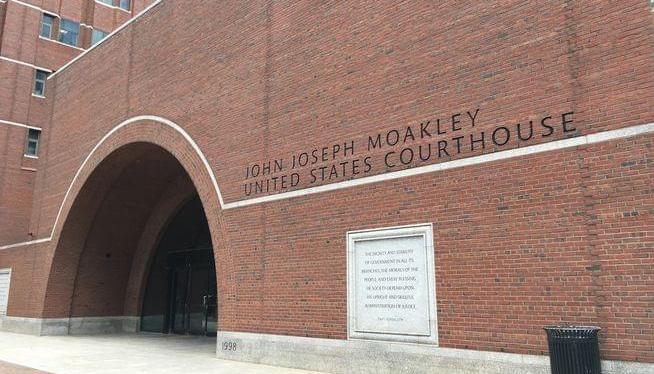
PROVIDENCE, R.I. (AP) — Lawmakers plan to spend $119 million of Rhode Island’s federal pandemic relief money when they return to the State House on Tuesday.
Rhode Island got more than $1.1 billion in American Rescue Plan funds, but has yet to spend any of it. Legislative leaders released a plan last month for how to spend roughly 10% of the money on supporting children, families and the child care industry; assisting small businesses impacted by COVID-19; promoting affordable housing and helping the homeless; and helping the hard-hit tourism, hospitality and event industries.
Democratic Gov. Dan McKee had proposed spending $113 million. The General Assembly pledged to add $6 million to address growing child care needs. Both chambers are scheduled to vote on spending the $119 million Tuesday as a pending matter from the 2021 legislative session before Democratic House Speaker Joseph Shekarchi and Senate President Dominick Ruggerio gavel in the 2022 session in their respective chambers.
Lawmakers also plan to consider overriding two vetoes by the governor from last year. McKee vetoed a bill to create a statewide registry for short-term rental properties listed on websites such as Airbnb and VRBO, saying it would create an additional burden for property owners. Lawmakers from shoreline areas had worked to get the bill passed, saying their communities were being overwhelmed by short-term rentals.
McKee also vetoed legislation regarding auto body insurance claims that he said would ultimately burden consumers.
In the first few weeks of the new legislative session, lawmakers are expected to consider unfinished business from last year, including a plan to legalize recreational marijuana and legislation to allow the Rhode Island Division of Motor Vehicles to issue driving privilege cards to people who are not in the country legally.
Shekarchi’s top priority remains addressing a lack of affordable housing in the state, while Ruggerio wants to accelerate the pace to provide universal pre-K. McKee will unveil his budget proposal in about two weeks.
Due to space limitations and pandemic protocols, members of the public are currently not allowed to attend the House and Senate sessions in person. Both will be broadcast by Capitol Television and online. Both chambers plan to meet less frequently in January to limit gatherings during the pandemic.













